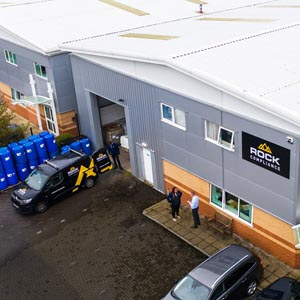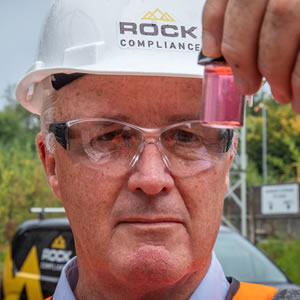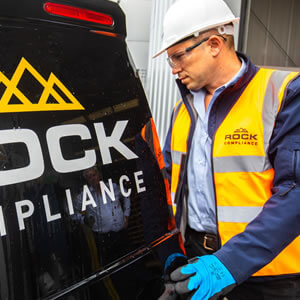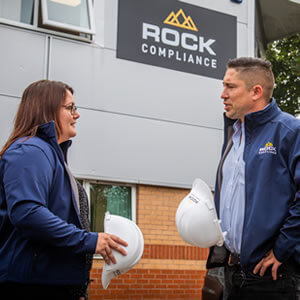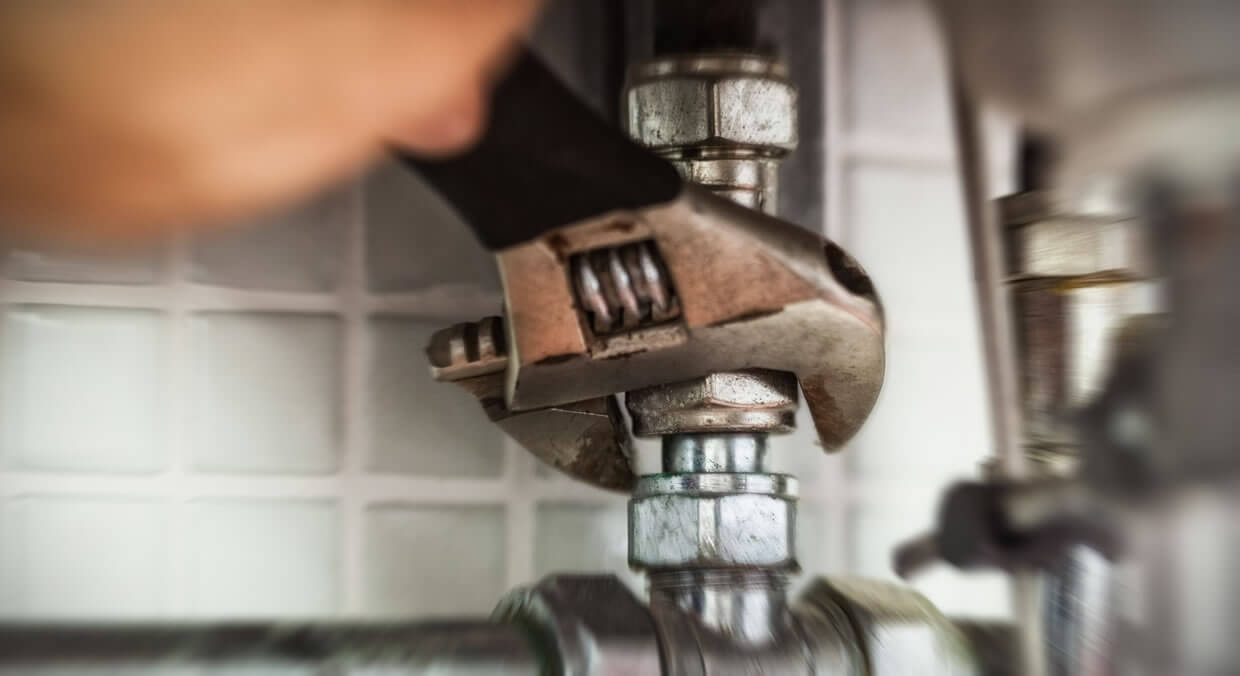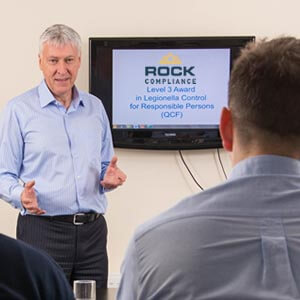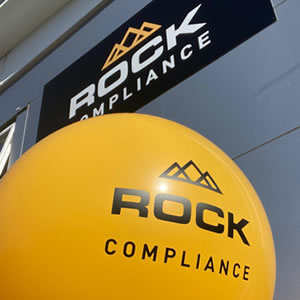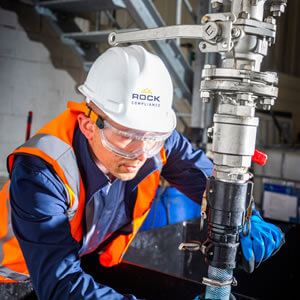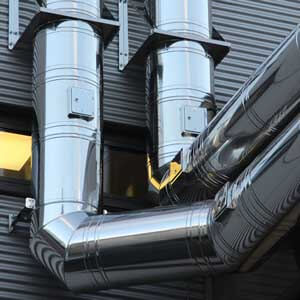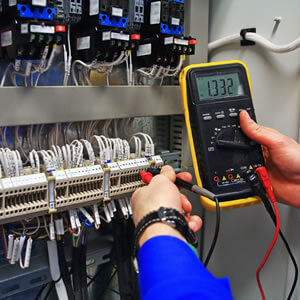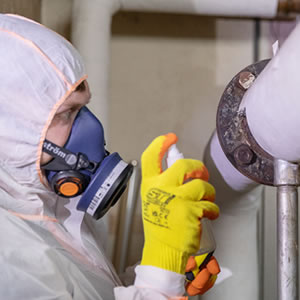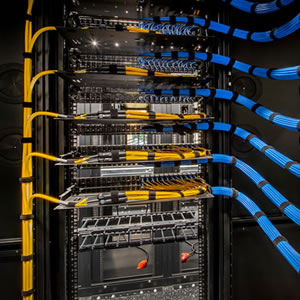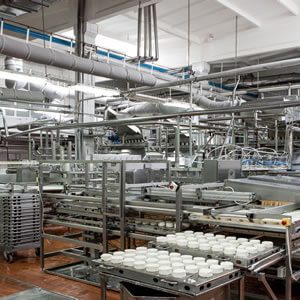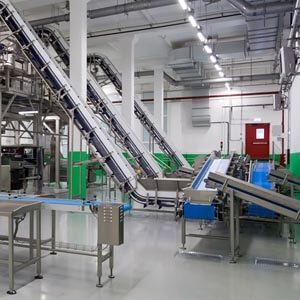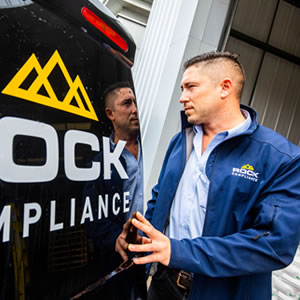- TMV installation and replacement
Thermostatic Mixing Valves (TMV) are fitted on taps and showerheads. They control the water temperature on the outlet to which they are fitted to prevent it getting too hot. They should be temperature and failsafe checked annually to guard against valve failure.
Requirement: annual testing (6-monthly in healthcare premises)
- Cold water tank cleaning, replacement, conversion to mains and upgrades
Cold water storage tanks should regularly undergo a chemical disinfection to preserve the water quality, based on routine inspection. The chemical can be pulled through to all outlets to make sure the entire system is treated effectively throughout.
Tanks containing drinking water in particular should be cleaned and disinfected annually as a minimum.
Requirement: based on routine inspection
New guidance dictates that any length of pipework not being used is a dead leg.
Dead ends or dead legs in pipework can provide the ideal breeding ground for Legionella bacteria. It is important to rectify and remove them as soon as they have been identified for safe operation of your water system.
Requirement: continuous review
- Pipework insulation and lagging
Insulating or lagging pipework seals in heat. It saves energy and also prevents the pipes from freezing in chilly temperatures.
Requirement: HSG274 Part 2 stipulates annual checking
- Replacement of defective assets in point-of-use water heaters and expansion vessels
Defective assets affected by corrosion and leaks make water heaters and expansion vessels run less effectively. Therefore, it is important to identify and replace them as quickly as possible.
Requirement: monthly – 6 monthly (depending on risk assessment)
Rock Compliance plumbers are on hand to address any issues with Legionella colonisation.
A system disinfection treats the entire water system rather than just a single storage tank or run of pipework, giving a very thorough clean.
We offer two disinfection options, thermal and chemical.
Requirement: as needed
Additional services
Most of our risk-reducing remedial services are provided by our own in-house engineers. However, working with trusted partners, we also offer:
- Booster pumps and break tanks
- Access hatches
- Walkways
- Strip lighting
Water Hygiene Plumbing Works
- Domestic and commercial water heater installations (electric)
Is your water heater past its best? Replacing and upgrading your domestic or commercial water heater ensures you have the most energy-efficient solution, reducing longer-term running costs.
Requirement: as required
- Domestic and commercial water softener – new installations and replacements
Water softeners exchanging the harder minerals in water (calcium and magnesium, for softer ones (sodium or potassium).
This eliminates scale formation, reducing maintenance and extending the life of equipment. It also reduces energy consumption for more environmentally-responsible operations.
Requirement: as required
- Commercial and domestic plumbing
Commercial plumbing deals with the water supply to commercial businesses such as offices, hotels, hospitals, schools and shops. It is governed by regulations, so compliance is important.
Domestic plumbing, on the other hand, is generally about fixing leaks, repairing and installing boilers, and repairing central heating.
Requirement: as required
- RPZ valve test, service and replacements
Reduced Pressure Zone (RPZ) valve testing and commissioning is vital to ensure the safety and compliance of water systems and prevent backflow contamination, which can pose serious risks to public health.
The Water Supply (Water Fittings) Regulations 1999 states that RPZ valves must be tested each year.
Requirement: annual testing
- Shower head service, descale, replacement
Legionella bacteria love the warm, stagnant water and biofilm that can collect inside shower heads. When the shower is used, the infected water droplets are then released into the air, posing a dangerous risk to public safety.
Depending on use, shower heads should be cleaned at least every three months, ensuring the highest levels of hygiene and Legionella control.
Requirement: a minimum of every three months
